
Only 50% of COPD patients are estimated to be vaccinated.
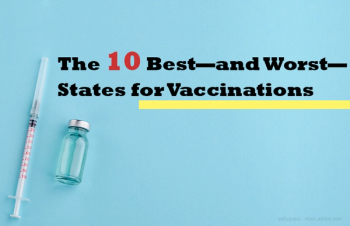
Which states are the most likely to vaccinate-and which ones are most likely to skip?

The DEA had access to information about where opioids were being sold, but didn’t act on it. Why?

“Historic investment” distributed to private companies, universities, and researchers.

Controlled substance tramadol among the illegally marketed painkillers.

Biosimilars may need more time to devleop in the market.
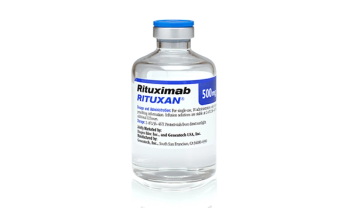
For granulomatosis with microscopic polyangiitis in children.
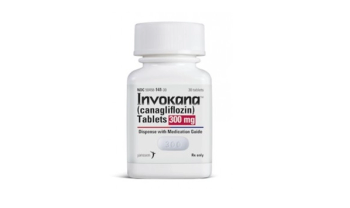
Now approved for risk reductions in patients with type 2 diabetes mellitus.

Racemic substitutions for single-enantiomer drugs offer new opportunities for savings.

Biologic medicines could lower spending by $153 billion by 2023.

Psoriasis, MS, Lupus, and RA.
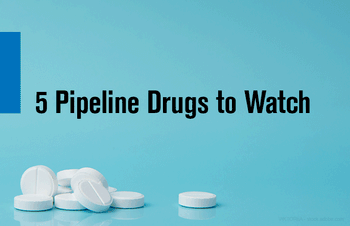
A look at some of the exciting drugs that could be approved in the coming months.

Will be part of the U.S.’s public health emergency medical supplies and pharmaceuticals.

Online pharmacy that discovered the impurity discontinues sales.

Some pharmacies are now serving coffee and other refreshments.

Monoclonal antibody for autoimmune and neurodegenerative disorders.

An estimated 100 million Americans lack good access to pharmacies.

Caused by lower income, insurance status, higher prices, poor transportation, long distances.

Approved forms should be considered as options for community distribution.
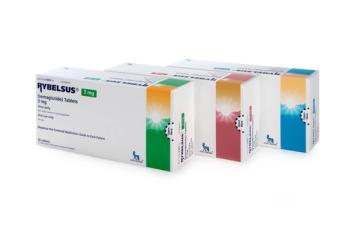
Now approved in 7mg and 14 mg tablets.

Layoffs highlight increasing jobs problem.

Loyd Allen, Editor in Chief of the International Journal of Pharmaceutical Compounding, discusses the similarities and differences between three primary chapters of the USP professional practice standards.

Loyd Allen, Editor in Chief of the International Journal of Pharmaceutical Compounding, discusses the roles and limitations of each respective compounding classification.

Ernest P. Gates Jr., president, CEO, Gates Healthcare Associates, lays out some of the biggest hurdles to bulk compounding.
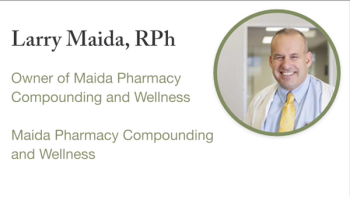
Lawrence Maida, proprietor, pharmacist in charge, Maida Pharmacy and Compounding Center, discusses some of the reasons why compounding is vital for keeping healthcare personal.

Fred Gebhart, Drug Topics contributing editor, lays out the history of compounding and introduces three experts in the pharmaceutical compounding field.

Derived from cultured adult bone marrow-derived mesenchymal stem cells that have undergone temporary genetic modification.

Ensuring your pharmacy’s video marketing dusts the competition has never been more important.
